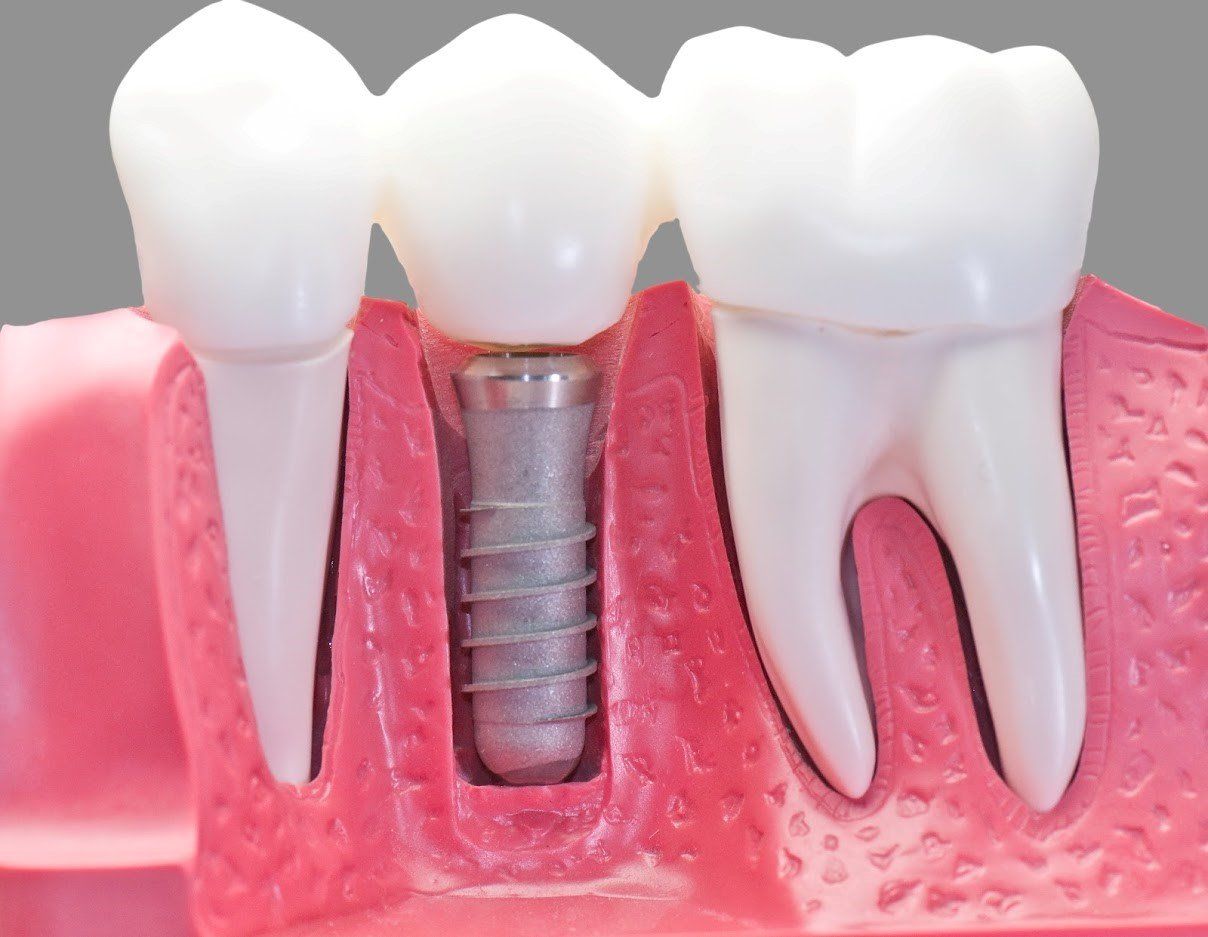
Dental implants are an amazing way to restore your smile after losing a tooth or several teeth. The implants are a permanent restoration option that allows you to eat and live as you would with your natural teeth. Dental implants require a surgical procedure to place, so it is understandable that you may have questions about the recovery period.
If you are still on the fence as to whether or not you want dental implants, keep reading to learn the answer to some of the more common questions you may have.
Is Bleeding Normal After Dental Implant Surgery?
After you have dental implant surgery, you can expect some slight bleeding during the first couple of days after the operation. Right after your surgery, your doctor will place gauze in the area you can bite on to help control the bleeding.
Try not to rinse your mouth out right away. This can prevent the bleeding from stopping. If you continue to bleed or you’re bleeding a lot, call your oral surgeon for guidance.
Can You Eat After Dental Implant Surgery?
Right after your dental implant surgery, you should be able to eat some soft foods, smoothies, and soups. Your oral surgeon will provide you with a timeline that tells you when you can transition to other foods. Try to avoid anything hard or tough for the first several days, such as tough meats, hard candy, and ice.
Do You Need Someone with You During Your Surgery?
You should have someone with you on the day of your dental implant surgery because most dental implant surgeries require sedation. Even if you do not receive full sedation, the medication your dentist uses during the procedure can make you feel drowsy and out of sorts. You will need someone to take you home after the surgery because it is not safe to drive yourself.
Is the Recovery Period Painful?
One of the reasons many people delay getting dental implant surgery is the fear of a painful recovery. Fortunately, the recovery after dental implants is not very uncomfortable. You may feel some initial discomfort right after the procedure. But your doctor will provide you with medication and instructions to control your initial discomfort after your surgery.
Within a few days, you should be able to return to your normal routine as long as you take proper precautions. You should take a day or two to rest after your surgery and control any discomfort you have. Avoid the food and liquids based on the recommendations of your doctor. If you follow the post-operative guidelines provided by your doctor, you should feel normal soon.
What If You Suspect Something Is Not Right?
If you suspect you are having problems with your dental implants, be sure to contact your doctor right away. If you have issues such as severe pain, excessive bleeding, pain in your jaw, or you believe you have an infection, make an emergency appointment with your oral surgeon. All of these are not typical side effects of dental implant surgery and can indicate a problem.
Also, if your dental implants feel loose or if your tooth falls out, you need to see your doctor as soon as possible. Fortunately, all of these issues are rare. Most dental implant surgeries are highly effective and have a positive outcome.
Dental implant surgery can be life-changing if your smile has been broken for a long time. An oral surgeon can restore your smile so it last for your entire lifetime. If you have any questions about dental implant surgery, please contact the San Diego Center for Oral & Maxillofacial Surgery.
